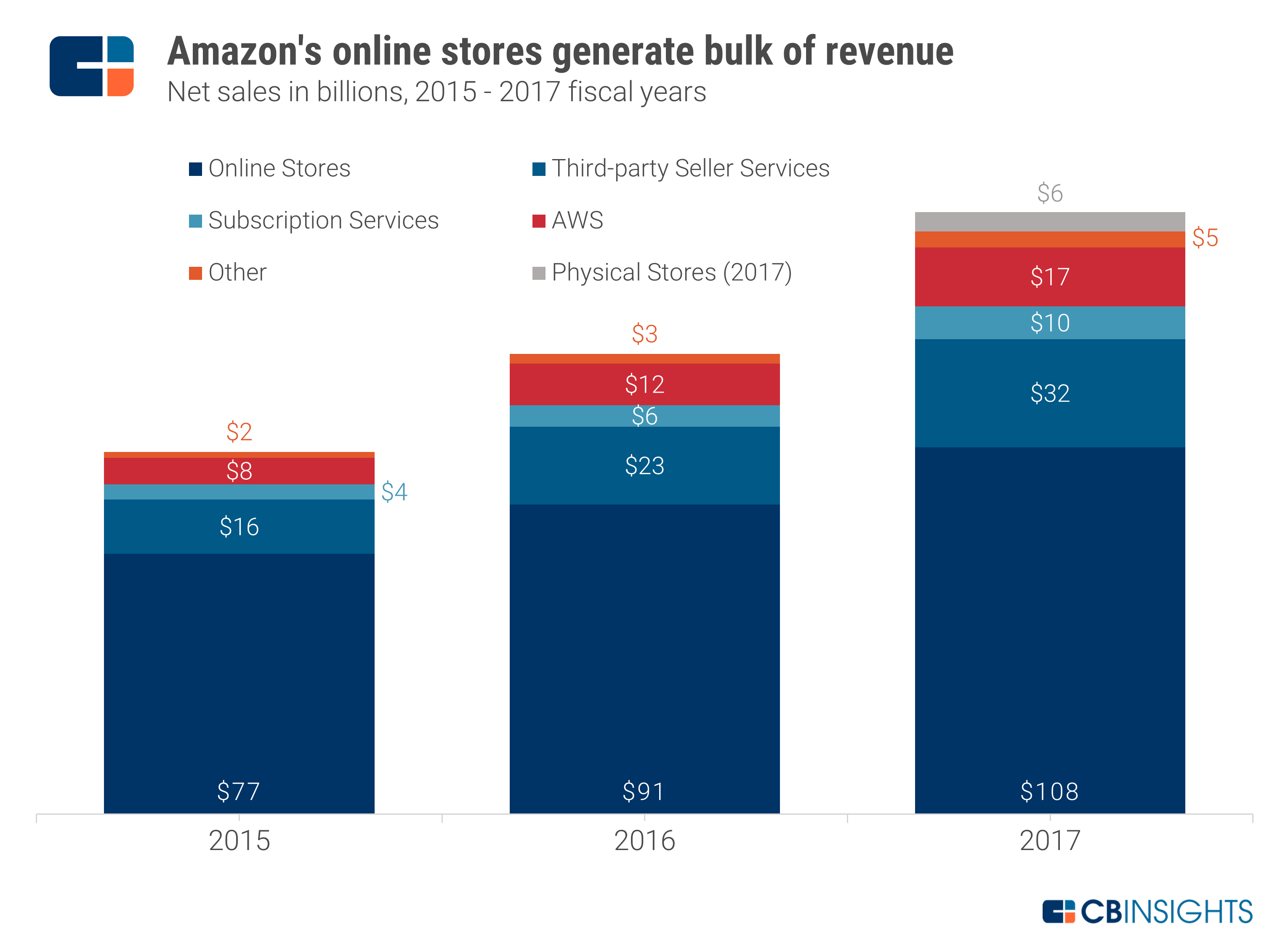Denver Developmental Screening Test Ii Pdf Creator
As an early childhood educator, you play a vital role in ensuring that every young child is screened. Start by partnering with parents to explain why developmental screening is so important, introduce ASQ, and address any concerns they might have. Once parents complete the questionnaires, ASQ makes it easy for you to score them and interpret the results. Then sit down with parents to share what the screener revealed, plan next steps, and give them tips and strategies for encouraging their child’s progress.  Resources Program Administrator? Program administrators lay the critical groundwork for a successful screening program.
Resources Program Administrator? Program administrators lay the critical groundwork for a successful screening program.
Beirut '75 (Paperback) ~ Ghada Samman Beirut Nightmares (Paperback) ~ Ghadah Samman (Author). Samman pdf Beirut '75 odqangf, then you've come to loyal website. Ghada Samman is a Syrian writer who lived in Beirut. Beirut nightmares ghada samman pdf reader full. Beirut Nightmares Ghada Samman Pdf To Jpg. Ghada Samman. Beirut Nightmares is set at the height of the Lebanese Civil War. With the intention that the reader. Beirut started to write about their own experiences. In the late 1. American professor miriam cooke (1. Arabic Originally in Arabic. Reader's Digest Bible Volume III by Bruce Metzger. Beirut Nightmares by Ghada al-Samman (23 copies). Readbag users suggest that Contents is. Gada Samman and even some reviews in the. Ghada al-Samman, Beirut.
Test Administration. Administration Subjects stand on dual-force plates in a 3 sides surround posturography CDP system. Degree of anterior-posterior sway is recorded. 6 independent sensory conditions are tested, with each condition consisting of three twenty second trials. The 6 conditions include:-Eyes open on firm surface.
Your first role is to plan your program, from determining goals to choosing your screener. Once your plan is in place, train and support your staff on every step of screening, including engaging parents, communicating results sensitively, and connecting families with community resources for referral. You’ll also want to evaluate the success of your screening program and make periodic adjustments when necessary. Resources Home Visitor?
As a home visitor who works closely with families, you’re in an ideal position to ensure that young children are screened. Partner with the families you work with to explain why developmental screening is so important, introduce ASQ, and address their concerns and questions. Once parents complete ASQ questionnaires, score them in minutes and interpret the results. Then sit down with families to share the results, plan next steps, and give them strategies for nurturing their child’s skills and development. Resources Pediatrician? Because pediatricians are the professionals most likely to see a child on a regular basis, you’re in the perfect position to promote children’s healthy development and identify potential delays early.
If your office doesn’t have a screening program yet, plan one with the help of the resources on this site. As parents complete ASQ through your program, your role is to score the questionnaires, interpret results, and sit down with families to share what you learned and plan next steps. In between screenings, give families learning activities and other resources to foster their child’s skills and development. Resources Parent? You may not be a child development specialist, but you are the expert on your child—and research has shown that parents’ concerns are accurate predictors of developmental delays. Talk to an early childhood professional about the benefits of developmental screening, and complete the ASQ questionnaire that’s right for your child’s age (they’re easy to do and take just 10-15 minutes). When your child’s pediatrician or teacher shares ASQ results with you, celebrate the milestones your child has reached and ask what you can do next to support your child’s skills and healthy development.
